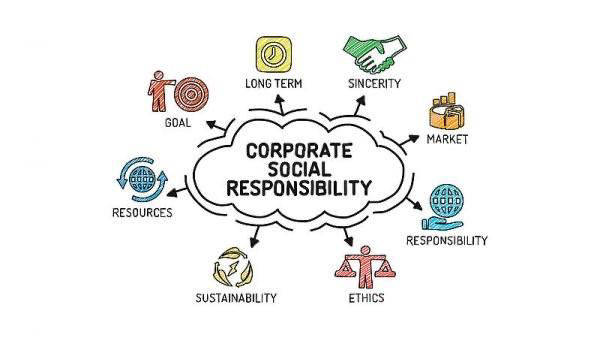
In the modern era, corporate social responsibility (CSR) has transitioned from a discretionary choice to a fundamental aspect of business strategy for companies worldwide. CSR refers to the initiative of a company to assess and take responsibility for its effects on environmental and social well-being. This paper aims to dissect the multifaceted benefits of CSR and argue the imperative for every company, regardless of size, to engage in social responsibility initiatives as a means of contributing to a sustainable future and leaving a lasting legacy beyond mere profitability.
The Strategic Value of CSR
Contrary to the traditional view that aligns CSR activities with auxiliary costs, contemporary analysis demonstrates that CSR can significantly contribute to a company’s competitive advantage. Firstly, CSR initiatives help in building a strong brand reputation. In an age where consumers are increasingly making purchasing decisions based on ethical considerations, companies that actively engage in social responsibility efforts are likely to see an uptick in customer loyalty and brand trust. Additionally, CSR practices can lead to innovation by encouraging companies to develop sustainable products and services, thereby opening up new markets and opportunities for growth.
Financial Performance
A positive relationship has been identified between CSR and financial performance. Companies that invest in socially and environmentally responsible activities often benefit from enhanced operational efficiencies, reduced costs (particularly in terms of energy savings and waste reduction), and improved employee morale and productivity. Such companies can also garner interest from socially responsible investors, further bolstering their financial standing. Consequently, CSR is not a mere cost to the company but an investment with substantial returns.
Attracting and Retaining Talent
In the context of an increasingly competitive job market, CSR is a critical factor for attracting and retaining top talent. Today’s workforce, particularly millennials and Gen Z, are looking for employers who reflect their ethical values and are committed to making a positive impact on society. Companies with a strong CSR ethos are more likely to attract motivated, dedicated, and loyal employees, which in turn enhances organizational performance and innovation.
The Imperative for Small and Medium-Sized Enterprises (SMEs)
While the focus on CSR is often on multinational corporations, it is equally critical for small and medium-sized enterprises (SMEs) to engage in social responsibility activities. SMEs are integral to the global economy, and their collective impact on communities and the environment is substantial. By adopting CSR practices, SMEs can not only contribute towards sustainable development but also enhance their competitiveness, market position, and stakeholder relationships.
Conclusion: A Legacy of Giving Back
Every company, irrespective of its size or industry, has a moral obligation to contribute positively to the world. CSR offers a pathway for businesses to fulfill this obligation while simultaneously achieving their economic goals. In an era defined by environmental degradation, social inequality, and economic disparity, the role of businesses in fostering a sustainable and equitable world is more critical than ever. Engaging in CSR is not just about enhancing corporate reputation or profitability; it is about leaving a legacy of giving back to our world, underscoring the fact that true success encompasses far more than just the bottom line.


